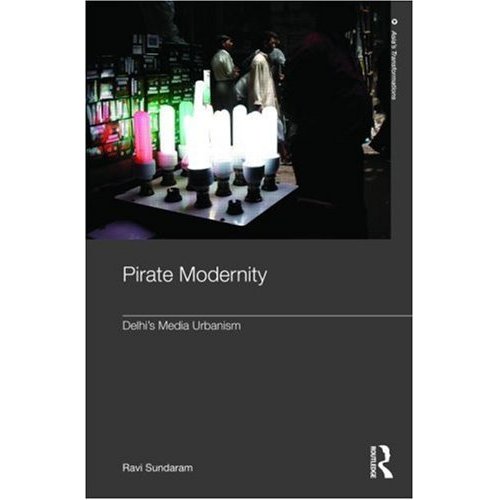Does Facebook Rule? Ideas For The Future.
Facebook is everywhere. It connects 500 millions of people around the world. No doubts, it is an effect of purposeful endeavours of those who stay behind the success of the platform. It is becoming more and more interconnected into...




![“The customers of this product also bought this, would you like it too?” [x] Not interested “The customers of this product also bought this, would you like it too?” [x] Not interested](https://mastersofmedia.hum.uva.nl/wp-content/themes/theme_mom_2012/timthumb.php?src=https://mastersofmedia.hum.uva.nl/wp-content/uploads/2010/09/branding21.jpg&w=258&h=80&zc=1&q=100)












